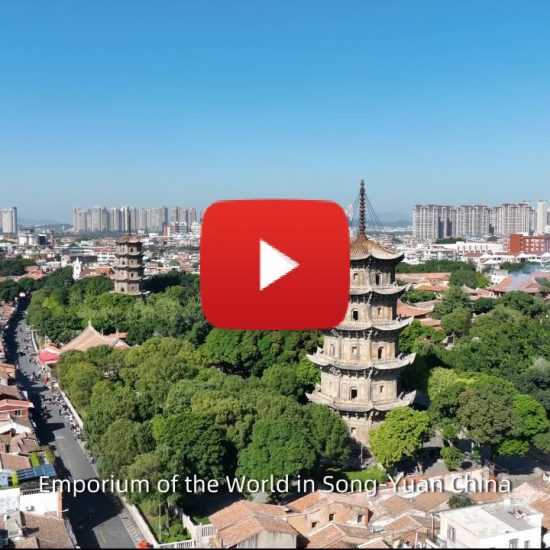
Top trade officials from the United States and China are set to meet in London on Monday, 9 June, in a bid to ease escalating tensions over tariffs, technology transfers, and critical mineral exports. The announcement follows a 90-minute phone call between President Donald Trump and President Xi Jinping, during which both leaders agreed to resume dialogue and expressed cautious optimism about resolving key disputes.
Leading the US delegation will be Treasury Secretary Scott Bessent, Commerce Secretary Howard Lutnick, and US Trade Representative Jamieson Greer. The Chinese side has not officially confirmed its delegation, but past rounds have included Vice Premier He Lifeng, Vice Commerce Minister Li Chenggang, and Vice Finance Minister Liao Min. Li, who was appointed as China’s International Trade Negotiator in April, has been instrumental in shaping Beijing’s response to the ongoing trade conflict.
The upcoming talks follow a temporary truce brokered in Geneva on 12 May, where both nations agreed to reduce retaliatory tariffs—previously as high as 145%—to more manageable levels. However, the ceasefire is set to expire on 12 August, adding urgency to the London negotiations.
A central issue on the agenda is the flow of rare earth minerals, which are essential for advanced manufacturing and defence technologies. China’s earlier suspension of some rare earth exports to the US had heightened concerns about supply chain vulnerabilities. During their phone call, President Trump stated that President Xi agreed to resume these exports, a move that could alleviate pressure on US manufacturers. However, Beijing has yet to publicly confirm this commitment.
The trade dispute has had significant economic repercussions. American businesses have faced increased costs due to tariffs, and a pending lawsuit challenges the legality of these tariffs under the International Emergency Economic Powers Act. The outcome of both the negotiations and the legal case could significantly influence future US trade policy and economic relations with China.
President Trump has expressed optimism about the upcoming talks, stating, “The meeting should go very well.” However, the complexity of the issues at hand suggests that reaching a comprehensive agreement may require sustained effort and compromise from both sides.




